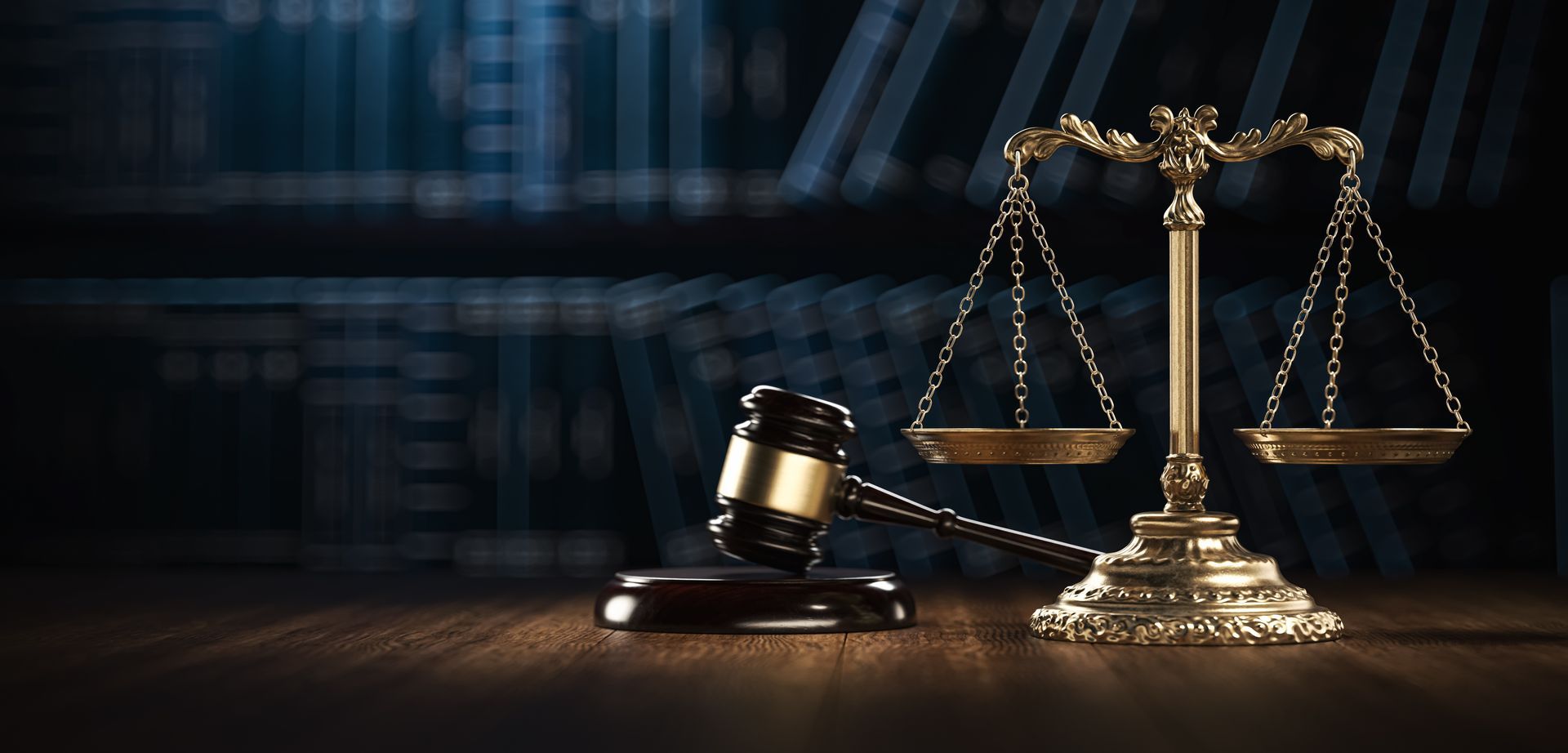Piercing the Corporate Veil: Alter Ego Liability
One of the fundamental advantages of forming a business entity is limited liability protection. As a business owner or shareholder, you have the benefit of separating your personal finances from the company’s obligations. It's this legal distinction that can offer a sense of security, knowing that personal assets are generally not at risk if the business incurs debt or is sued. However, the separation provided by the 'corporate veil' is not absolute. Business owners must be aware of situations involving 'Piercing the Corporate Veil' or 'Alter Ego Liability,' where courts might hold an individual personally liable for business debts. It's a rare but significant occurrence that underscores the need for diligent corporate governance and compliance.
What Is Alter Ego Liability?
Alter ego liability is a legal doctrine that can drastically change the course of a lawsuit. In layman's terms, it's when the court ignores the separate identity of a corporation and holds individual shareholders personally liable for the corporation's debts. That's right, the court can decide that the corporation and its shareholders are essentially one and the same.
This usually happens when the court determines that the corporation is so entwined with its shareholders that it lacks a separate identity. This can happen with the owners or operators ignore the separate existence or identity of the business entity. When this occurs, the shareholders lose the limited liability protection that corporations typically provide. They can be held personally responsible for the corporation's obligations, which can have far-reaching implications for both shareholders and the creditors who are responsible for recovering the debt.
In practical terms, if you're a shareholder or member of an LLC, and your company incurs debts it can't pay, those creditors could potentially come after your personal assets to satisfy those debts. Your house, your car, your savings, your future earnings — all could be at risk if the court decides to pierce the corporate veil.
The Extension to Limited Liability Companies
The alter ego doctrine isn't just confined to corporations. It's now been extended to include Limited Liability Companies (LLCs) as well. This means that the court can disregard the separate identity of an LLC and hold its members personally liable for the company's debts. If you're a member of an LLC, it's vital to be aware of this potential risk and take appropriate measures to protect yourself.
Factors Showing Alter Ego
To establish alter ego liability, the court looks for certain factors that indicate a lack of separation between the shareholders or members and the corporation or LLC. These factors that may contribute to potential issues include:
- commingling of funds, which refers to mixing personal and business finances.
- inadequate capitalization, which means not having enough financial resources to support the business.
- failure to observe corporate or LLC formalities, such as not holding regular meetings or maintaining proper documentation.
- using the corporation or LLC for personal purposes, which can blur the line between personal and business activities.
It is important to address and mitigate these factors to ensure the smooth operation and legal compliance of the corporation or LLC.
How Can Businesses Protect Themselves?
Understanding the potential risks of alter ego liability is just the first step. To maintain a clear separation between the entity and its shareholders or members, businesses should take various prevention measures and strategies. These can include:
- Maintaining proper corporate or LLC formalities: This involves following all legal requirements, such as holding regular meetings, keeping accurate records, and filing necessary documents with the appropriate authorities.
- Keeping separate financial records: It is crucial to maintain separate bank accounts and financial records for the business. This helps establish the entity's distinct identity and prevents the mixing of personal and business funds.
- Avoiding commingling of funds: Business owners should refrain from using company funds for personal expenses or vice versa. This practice ensures that the entity's assets and liabilities are distinct from those of its owners, reducing the risk of alter ego liability.
- Implementing robust internal controls: Having effective internal controls and processes in place can help demonstrate that the entity is operating independently and in accordance with its own business objectives. This includes establishing clear policies and procedures for decision-making, financial management, and record-keeping.
- Seeking professional advice: Businesses should consult with legal and financial professionals who specialize in corporate governance and liability issues. These experts can provide guidance tailored to the specific needs and circumstances of the business, helping to mitigate the risk of alter ego liability.
By doing so, businesses can minimize the chances of alter ego liability and protect the limited liability protection that corporations and LLCs offer. It's not always easy to navigate these waters, but with careful planning and strategy, businesses can safeguard their interests and those of their shareholders or members.
The Importance of Legal Representation
Alter ego liability is a complex but essential concept in commercial law. As a civil litigation attorney, I see it as my duty to help clients understand and navigate legal roadblocks. By staying informed and proactive, you can protect your best interests and the well-being of your business.
So, don't hesitate to seek legal representation if you have any questions or concerns about alter ego liability — it could make all the difference in protecting your assets and the success of your business. My firm, John F. Bradley, Jr. Attorney at Law, is located in San Jose, California, and I'm proud to serve the greater San Francisco Bay Area. This includes providing legal services to clients and businesses throughout San Mateo County, Santa Clara County, and Alameda County.




